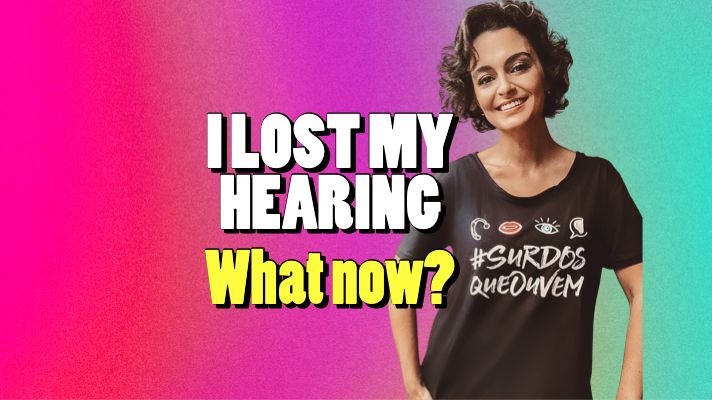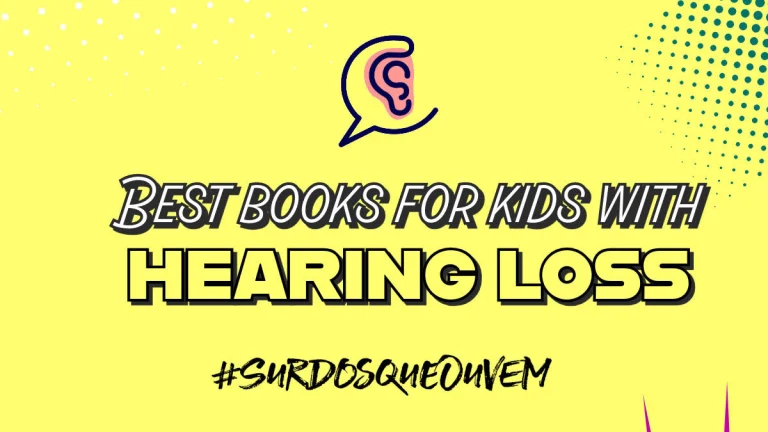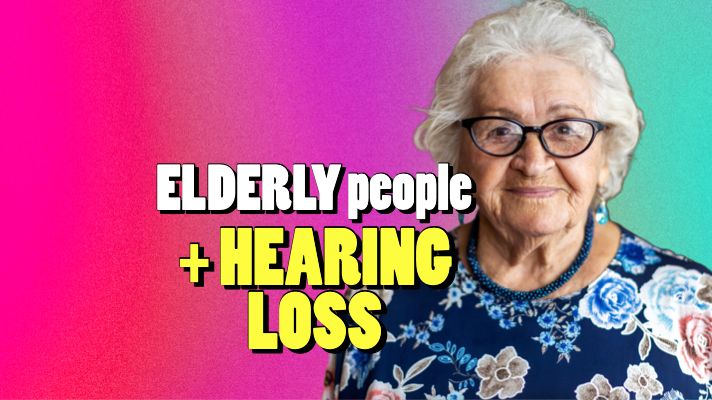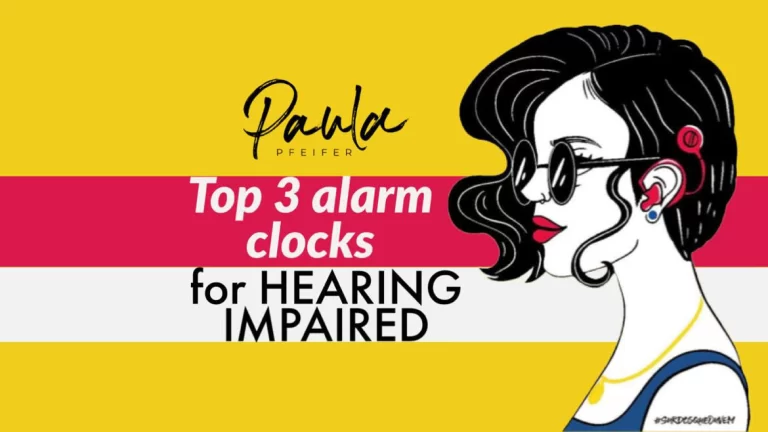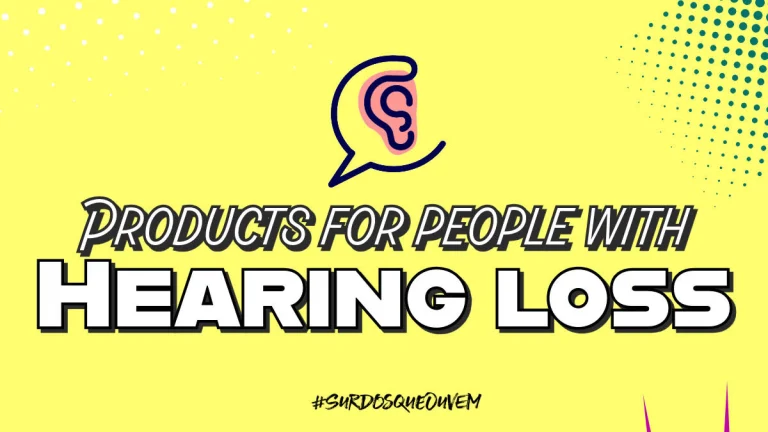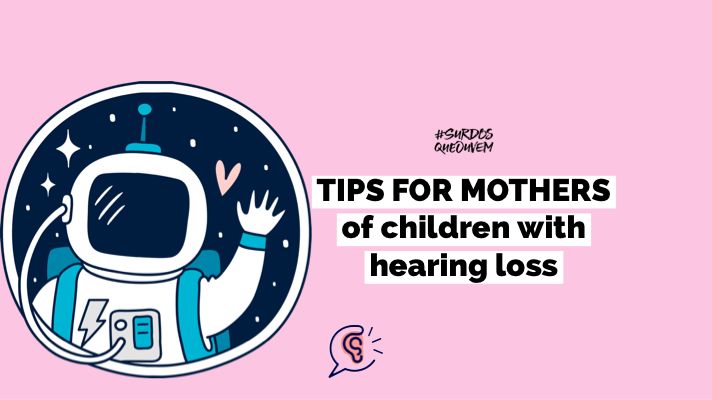I LOST MY HEARING: what you should do?
“I lost my hearing. What now?” is a question many people find themselves asking. It doesn’t just apply to sudden hearing loss—it also speaks to the moment when someone finally admits to themselves that their hearing isn’t what it used to be. Whether it’s a sudden shift or a gradual realization, the question remains: what’s next?
Step Out of the Hearing Loss Closet
It may sound odd, but it’s a crucial step. The worst thing you can do is treat hearing loss as something to hide or feel embarrassed about. Pretending it isn’t happening doesn’t help. In fact, it makes everything harder. Be open about it—there’s no hiding hearing loss, and life becomes much simpler when you face the reality head-on. Don’t shy away from telling others about your difficulties. Don’t set yourself up with the unrealistic goal of hearing just like before. It won’t help, and it isn’t necessary.
Seek Out a Specialist in Hearing Loss
Don’t waste your time with what your neighbors or relatives think about your situation. And for the love of your ears, avoid “Dr. Google” and any “miracle cures.” The real answer is to find a specialist—a doctor who knows hearing loss inside and out. That’s who will give you the right guidance and treatment plan.
Understand Your Specific Type of Hearing Loss
Many people talk about their hearing in percentages: “I’ve got 70% in one ear and 25% in the other.” This kind of thinking is misguided—hearing loss doesn’t work like that. You owe it to yourself to get informed. From now on, consider it your mission to learn everything you can about your hearing loss. The more you know, the better you’ll be able to manage it.
Find an Audiologist You Can Trust
Your ear doctor will give you a diagnosis and explain the cause of your hearing loss. After that, though, you’ll be referred to an audiologist. This is the person who will help you choose hearing aids, adapt to them, and walk you through any further tests, especially if a cochlear implant might be in your future.
Here’s my advice: find an audiologist you feel comfortable with and build a strong rapport. This is someone you’ll be working closely with for a long time. There will be ups and downs, frustrating moments and breakthroughs. But remember, hearing loss isn’t something anyone can “cure,” and hearing aids aren’t a magic fix—they’re more like a tool that can help you make the most of what you’ve got.
Hearing Aids Are a Big Deal
If hearing aids are in your future, consider it the start of a new chapter. There are countless brands, with models ranging from basic to premium, but hearing loss is as individual as a fingerprint. Just because a certain device works for a friend doesn’t mean it’s right for you.
Do your homework. Talk to your audiologist, read reviews, and ask other users for their experiences. Test out at least three different brands before making your decision. Hearing aids are an investment in your quality of life, so it’s worth taking the time to get it right.
Build a Community of Others with Hearing Loss
This is perhaps the best advice I can offer. In 2010, I started an online community in Brazil called Crônicas da Surdez, and through it, I’ve been able to help thousands of people with hearing loss by simply sharing my story. You can find similar groups in English on Facebook or other platforms, where you can ask questions, share your experiences, and connect with others. You are not alone—there are 1.5 billion people worldwide with hearing loss. Reach out, and you’ll find support.
ANY QUESTIONS?
Paula Pfeifer is a brazilian writer. Two of her books about hearing loss, hearing aids and cochlear implants can be found in english and spanish in Kindle.
Support Paula Pfeifer’s work. She is a hearing rehabilitation activist in Brazil and she is deaf herself – two cochlear implants. You can support here!
SOCIAL MEDIA I AM DEAF BUT I CAN HEAR
Ver essa foto no Instagram

